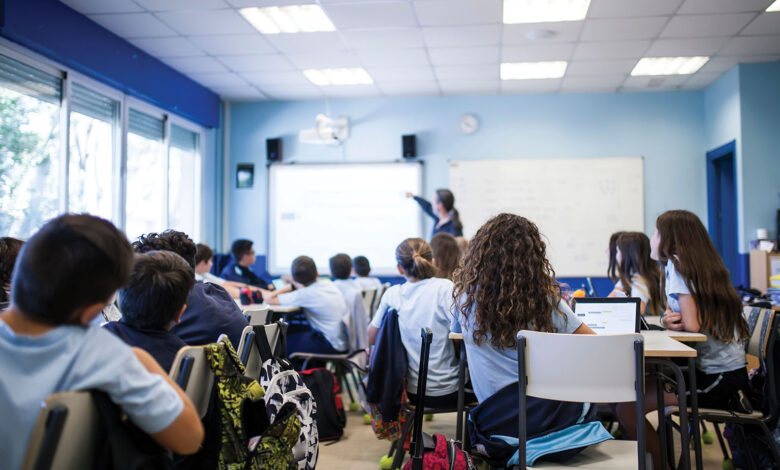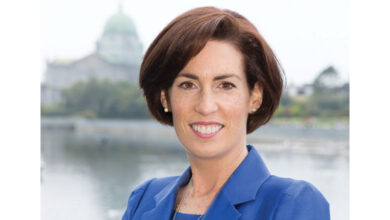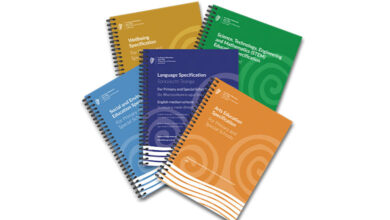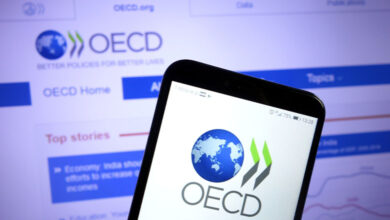Primary school curriculum reform to respond to the evolving needs of society

More time will be given to teaching languages, STEM subjects, and wellbeing under the first major revamp of the State’s primary school curriculum in 25 years.
The redeveloped primary curriculum introduces a range of new learning areas and subjects, aimed at giving greater flexibility to schools and teachers to adapt learning to better meet pupil needs.
The National Council of Curriculum and Assessment (NCCA) is leading the development of five new curriculum areas, the specifications for which are set to be introduced from September 2025 and implemented on a phased basis. These include:
- language (updated to include modern foreign languages in third class to sixth class);
- science, technology, engineering and mathematics (STEM) education;
- wellbeing;
- arts education; and
- social and environmental education (history and geography).
Consultation on the draft primary curriculum specifications closed on 7 June 2024, following the publication of the primary curriculum framework in March 2023. The framework has been developed by the NCCA over a six-year period.
The previous primary curriculum had been in place since 1999 and has been credited with improved attainment levels in reading, maths and science, however, longstanding challenges to modernise how assessment is used to inform learning and teaching, as well as the emergence of greater volumes of research on children‘s learning and development, and the role of technology and the internet, had prompted moves to reform the curriculum.
The Primary Curriculum Framework connects with the Framework for Junior Cycle, aimed at “supporting continuity of experiences for children from early childhood through primary school and into their post-primary education”.
In November 2024, then-Education Minister Norma Foley TD announced €9 million was to be provided for school resources and materials for the new primary curriculum, specifically aimed at supporting the STEM and Arts curriculum areas.
The Minister said that the investment is part of a longer-term strategy to ensure sustained support for schools: “Over the coming years, we will continue to allocate resources to support our schools in implementing the curriculum. This will be a multi-annual funding initiative, with future allocations depending on budgetary considerations and emerging needs as we roll out the curriculum nationwide.
“We are committed to ensuring that every school, has the tools and resources necessary to deliver high-quality education for all their pupils. By planning for the long term, we can adapt to the evolving needs of schools and ensure continuous improvements in learning and teaching across the country.”
Some elements of the primary curriculum reform have already been initiated. The new primary mathematics curriculum, situated within the STEM curriculum area, was published in September 2023. The Department of Education says that while much of ‘what’ children will learn remains unchanged, greater emphasis is placed on enhancing ‘how’ children learn mathematics best.
“The new curriculum sets out a fresh vision for children’s learning that is characterised by playfulness, creativity, challenge, risk-taking, and opportunities for reasoning and solving real-life problems,” it states.
Previously, Curaclam Teanga na Bunscoile was introduced for all stages in primary school in 2019. Under the Primary Curriculum Framework, the Curaclam Teanga na Bunscoile will be updated to reflect the introduction of modern foreign languages at primary level, and will be introduced into schools in the 2025/2026 school year.
Speaking before the Joint Committee on Education, Further and Higher Education, Research, Innovation and Science on 5 November 2024, Chief Executive of the NCCA, Arlene Forster described the publication of the primary curriculum framework for primary and special schools as a “significant milestone”.
Describing the framework, she says: “The framework sets out the curriculum areas and the subjects of the curriculum. It introduces and expands on aspects of learning.
“It also gives an increased emphasis to existing areas such as physical education, social, personal and health education and digital learning, and provides for greater agency and flexibility for teachers and children. Importantly, the framework also links with learning experiences provided through Aistear, the early childhood curriculum framework, and connects with learning in the framework for the junior cycle.”
Areas of contention centre around how sexual education will be taught, the amount of time given to religion, and a potential reduction of time allocated to teaching the Irish language.
Addressing concerns that the new primary curriculum will see a reduction in the average time spent on the Irish language, the NCCA says that in English-medium schools the time for Irish language learning will remain unchanged for junior and senior infants, however, for first to sixth class, a reduction of 30 minutes per week is planned. The NCCA says that the change is in response to feedback from teachers for a restoration of flexible time into the curriculum and a desire from children for more time on physical education, and social, personal and health education (SPHE).





